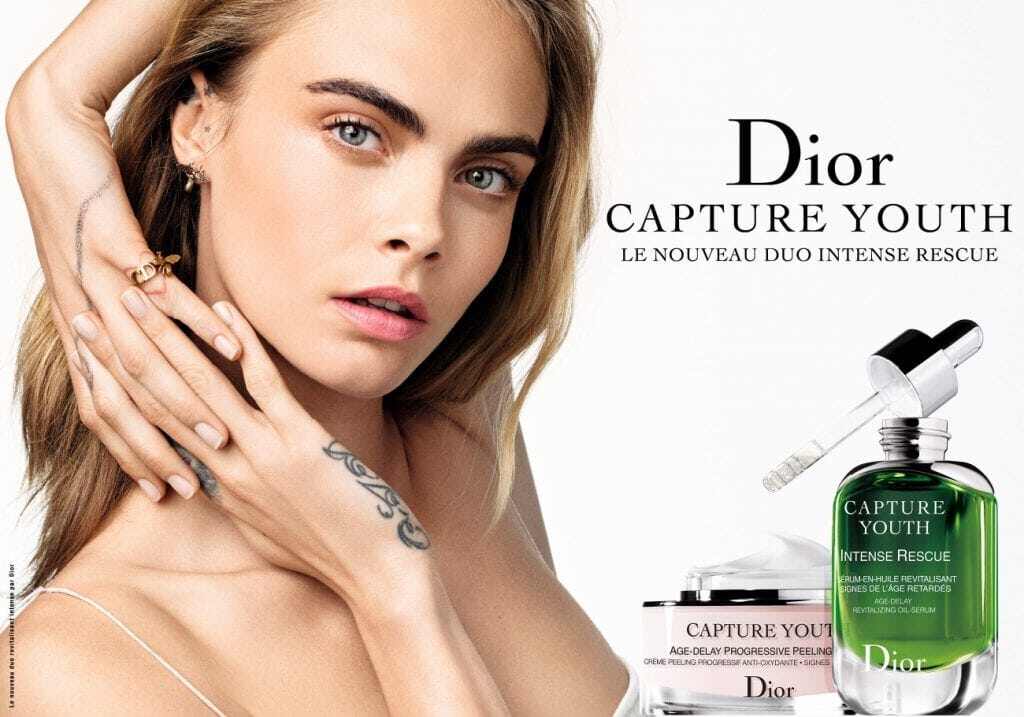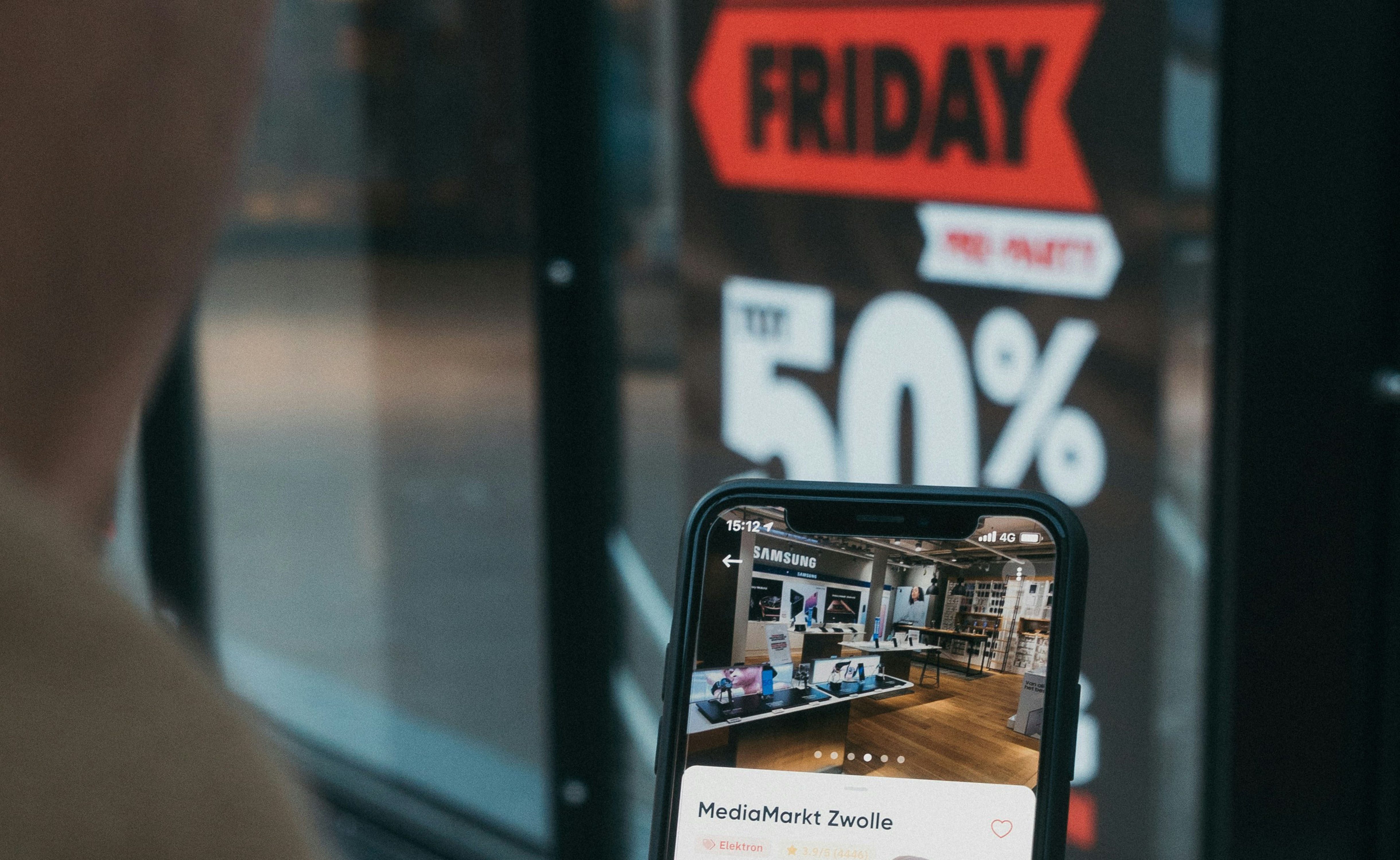Bryter Insight Director Isabel Wood explores the results of our menopause and wellness research and how it relates to predicted beauty trends.
Image: Neovadiol from Vichy, designed to meet the unique needs of skin during the menopause.
Introduction
By 2025 there will be a projected 1.1 billion people living post-menopause worldwide. The world is waking up to the fact that this group are a distinct audience with their own needs, concerns, and purchase power. This is also a group experiencing the dramatic shift from being ignored and underrepresented to being seen as a target audience in their own right.
In line with this, one key beauty trend is focusing on the specific needs of skin during the menopause. This is what is being referred to as "hormonal skincare" which sounds fresh and exciting, but what does it mean exactly? And how much are the public buying into it?
So what is hormonal skincare?
Hormonal skincare is the natural successor to increasingly tailored skincare is skincare designed to work in line with hormonal changes. In menopause, this means understanding how hormonal shifts cause skin cell turnover to rapidly decline and can lead to breakouts, dryness, itching, and collagen loss.
The emergence of the hormonal skincare trend has brought newfound attention to the unique needs of menopausal skin, prompting a surge in products and routines tailored to address these specific concerns.
Bryter surveyed 1061 UK women aged 45-65 and experiencing symptoms of menopause. 83% said they are looking for something that is designed ‘specifically for people like me’. In our follow-up survey, 22% in this group say it is a top priority to buy products specifically for menopausal skin.

What does hormonal skincare look like in practice?
- Avoiding certain ingredients: Parabens, phthalates, and synthetic fragrances are commonly found in beauty products, but have also been associated with potential hormone disruption. Synthetic fragrances in particular.

- Look out for specific ingredients: Menopause specific skincare products focus on ingredients which support skin as it goes through these changes, like ecotin, peptides, and phytoestrogen. Ingredient and actives that boost collagen production for maximum hydration, relieve itchiness, bloating and redness, as well as antioxidant-rich ingredients that brighten the skin and protect it from loss of elasticity.
To what extent is this translating to customers?
As we might expect, there is a difference between on-trend ingredients in the news, and public appetite overall. In our data we see a gap between awareness and active seeking.

- 21% have heard of hormonal skincare supporting phytosterol, but only 5% are actively looking to buy products containing it. Similarly, only 21% have heard of ecotine, with 2% actively looking to purchase.
- Consumers are most likely to be looking to purchase the traditional ingredients for boosting dull and dehydrated skin; Vitamin C, Hyaluronic acid, peptides, and ceramides.
- The only ingredient breaking the pattern is niacinamide, of which consumers are more likely to be actively seeking.
The lesson here is that greater specialisation for skin during the menopause is coming, but for now, consumers are focusing on meeting the specific needs of their skin with targeted ingredients, rather than novel ingredients.
This can be done with signposting that products are suitable for mature skin, specifically for skin during the menopause, rather than leading with specific ingredients.
Additional Information
For further information about our menopause research, or anything else mentioned in this article. Please get in touch with the author, Isabel Wood (isabel.wood@bryter-global.com), we’d love to hear from you.
Our work provides strategic, evidence-based guidance from pre-clinical and NPD through to launch, and to in-life assessments. Contact us today to learn more about how we can support your health and wellness product strategy.




